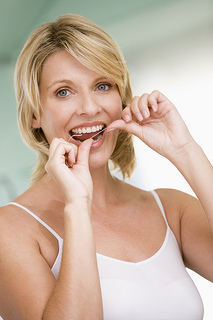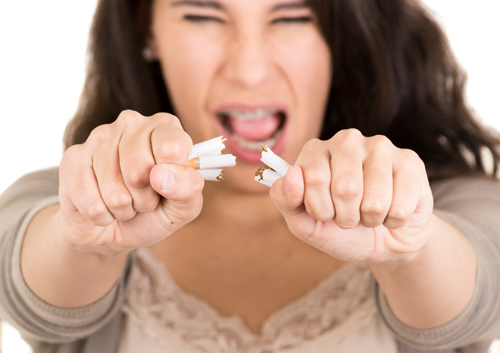Pregnancy: What should I know about my oral care?
October 21st, 2020

Dr. Lieberman, Dr. Milillo, and Dr. Saldivar and our team at Water's Edge Dental know this is an exciting time as you anticipate the arrival of your new little one. We want to take this opportunity to provide you with some important information pertaining to your oral health during pregnancy. Just as the rest of your body is changing, the amount of bacteria in your mouth also changes. Scientists don’t understand all the reasons why, but during pregnancy, your mouth is more susceptible to bacterial complications that could result in increased risk for gingivitis or periodontal disease. What researchers do know is the change in hormones creates a more favorable environment for gum infections and diseases when you are pregnant.
You may experience an increase in gingivitis, even while continuing with regular daily brushing and flossing, and routine semi-annual month cleanings. You will likely complain of increased bleeding of the gums with routine daily care and more tenderness in the mouth. This is due, in part, to the increased blood flow and volume that naturally occurs with pregnancy. There is a greater amount of blood flowing through your veins, which translates into slightly engorged gum tissues. If gingivitis prevails, you may also experience pain and tenderness. We can help you navigate through your specific needs.
Brushing your teeth two times a day may not be quite enough. Similarly, if you only floss on occasion, consider making this activity a daily habit. Mouthwash is also advised, or sometimes a mild saltwater rinse may feel better than a commercial brand. Consider other products with xylitol and a WaterPik for additional cleaning.
Finally, we now know that bacteria in the mouth circulate throughout the body. These harmful bacteria compromise your immune system and may increase your risk for respiratory illness and cause other strains on your immune system. Remember that nutrients as well as pathogens are shared with your baby. If you feel tired or tempted to slack on your home-care routine, remember the importance and implications of your daily decisions on how your care for your oral health.
Contact our convenient West Chester, Pennsylvania location if you have more specific questions. We’re here to help you!



